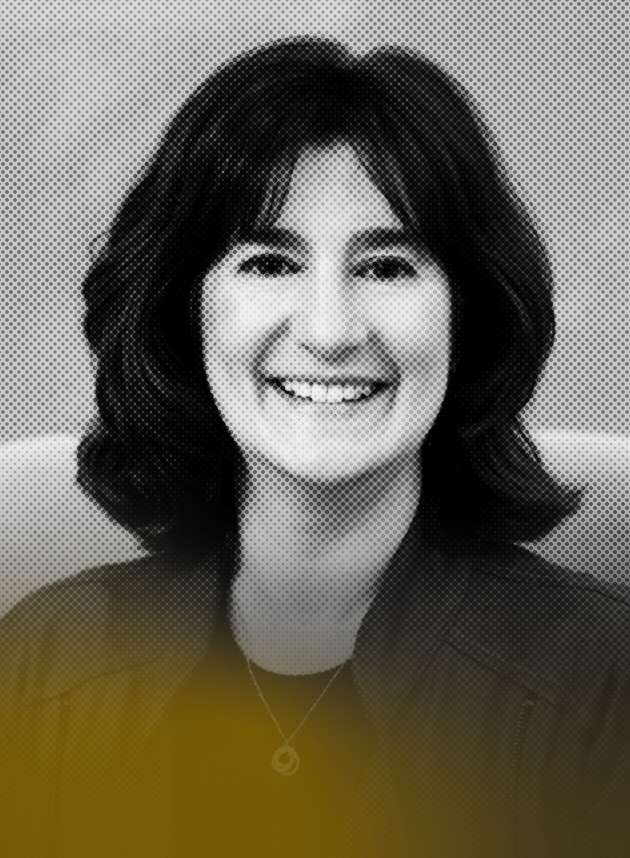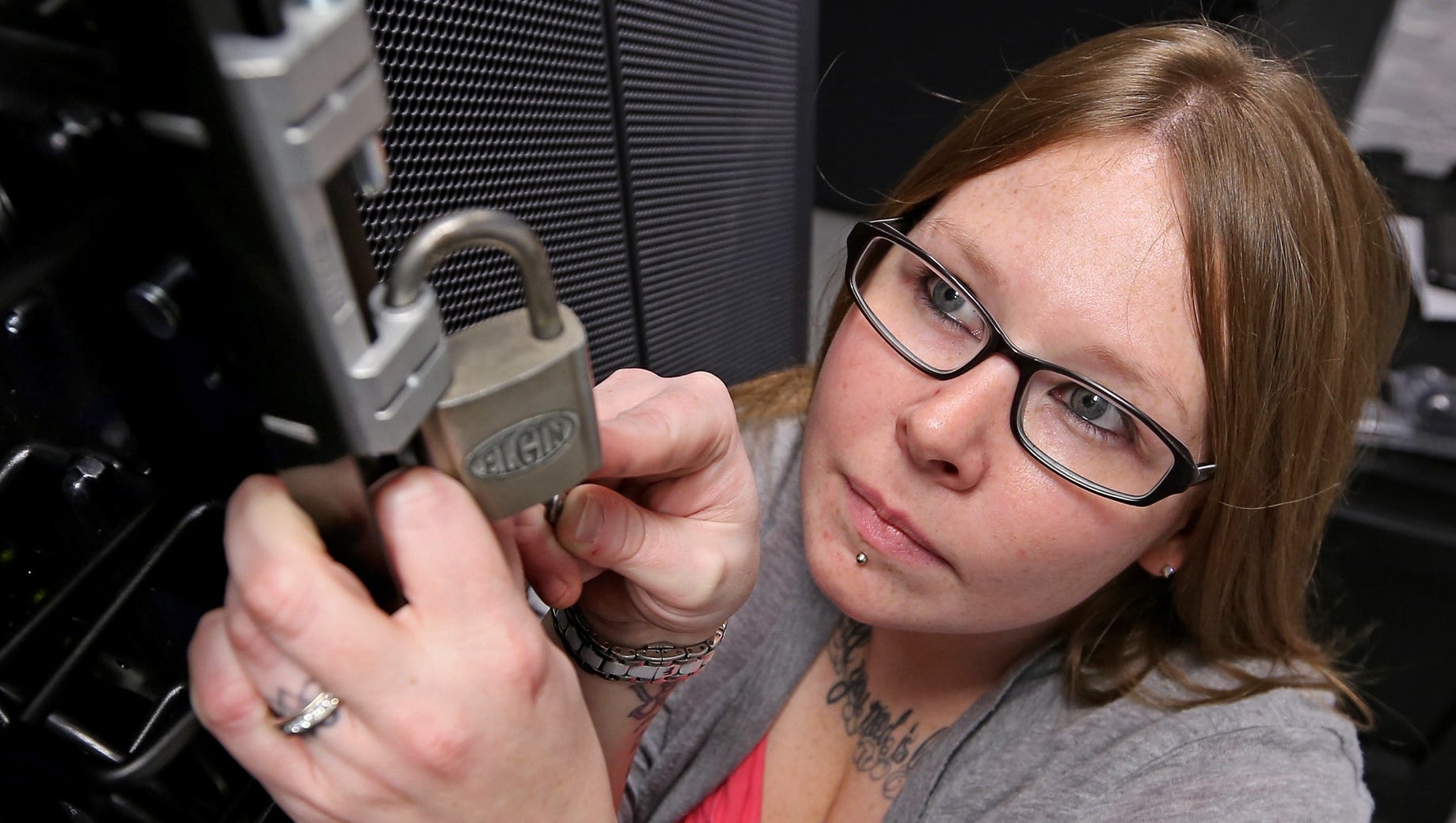SANTA CLARA, Calif.--(BUSINESS WIRE)--ServiceNow (NYSE: NOW) today announced the appointment of Teresa Briggs and Tamar Yehoshua to its board of directors, bringing the total number of directors on ServiceNow’s board to 11.

- Tamar O Yehoshua is Chief Product Officer at Slack Technologies Inc. See Tamar O Yehoshua's compensation, career history, education, & memberships.
- Enter an executive or company name Data Year: 2019. Board members at this company.

FREE Background Report. Check Reputation Score for Tamar Yehoshua in Brookline, MA - View Criminal & Court Records Photos Address, Emails & Phone Number Personal Review $100.
“I am delighted to welcome Teresa and Tamar to ServiceNow’s board of directors,” said John Donahoe, ServiceNow president and chief executive officer. “With Teresa’s deep financial and strategic acumen and Tamar’s extensive experience driving innovation and product development, our board will benefit from their unique and valuable insights.”
Teresa Briggs is Vice Chair and West Region Managing Partner at Deloitte LLP, where she works with Bay Area companies on the front lines of digital transformation. During her more than 30-year tenure at Deloitte LLP, Teresa has held a variety of different roles, starting in the Deloitte LLP audit practice and rising through the ranks to become the Managing Partner for Silicon Valley and Global Lead Client Service Partner for Apple Inc. In 2016, she was named a member of Deloitte’s U.S. board of directors, where she has served on the Risk and Regulatory, Strategic Investments and Compensation Committees. She is also an adjunct member of Deloitte’s Center for Board Effectiveness. Teresa holds a BS in Accounting from the University of Arizona.

Tamar Yehoshua is Chief Product Officer at Slack, where she oversees product strategy and development, design and research. Previously, Tamar was a Vice President at Google, holding product and engineering leadership roles on Google’s most important products, including Search, Identity and Privacy. Prior to that, she was the Vice President of Advertising Technologies at Amazon’s A9. Tamar has a BA in Mathematics from the University of Pennsylvania and an MSc in Computer Science from The Hebrew University of Jerusalem.
About ServiceNow
ServiceNow (NYSE: NOW) is making the world of work, work better for people. Our cloud-based platform and solutions deliver digital workflows that create great experiences and unlock productivity for employees and the enterprise. For more information, visit: www.servicenow.com.
© 2019 ServiceNow, Inc. All rights reserved. ServiceNow, the ServiceNow logo, Now, Now Platform, and other ServiceNow marks are trademarks and/or registered trademarks of ServiceNow, Inc. in the United States and/or other countries. Other company names, product names, and logos may be trademarks of the respective companies with which they are associated.
There were few platforms that were as poised as Slack was to step up when in early 2020, companies moved wholesale to work from home. Millions of people became part of distributed workforces overnight, which translated to many new users joining the Slack platform. Even messages sent by current users increased by 20% to 30% virtually overnight. A good problem to have, right?
Tamar Yehoshua Slack
Tamar Yehoshua, Slack’s chief product officer, walks us through what that unprecedented uptick in new users meant for the company and the product. While engineering focused on reliability, the rest of the company jumped in to help onboard teams new to the platform. The “Covid crunch” exposed pain points that had been on the product team’s “list to improve,” but suddenly, it was more urgent to take action.

Listen in as Tamar talks about how the “all hands on deck” response to this year’s crises increased empathy for the Slack user, how the company itself is adjusting to our new way of working, and what the future of work might look like. Or, check out the excerpt below from her conversation with Steve Herrod and Quentin Clark.
Tamar Yehoshua | Equivalent to Magic
Quentin Clark: In this episode, we interview Tamar Yehoshua, the chief product officer at Slack. We talked about designing products for the future of work but in today’s environment. The pandemic injected a lot of urgency at Slack, which saw user growth explode after millions of people suddenly started working from home. We’re still sorting through how this mass remote work culture is going to impact workplace collaboration. And Tamar’s team is in the thick of it, thinking deeply about how to better serve in this new world.
Steve Herrod: Tamar’s been the CPO of Slack since early 2019. And before that, she was a VP at Google working on search and privacy. She’s also a VP at Amazon search engine ad company A9. And when she came to Slack, she was not a user of the company’s product.
Tamar Yehoshua: And imagine coming on a job as a chief product officer at a company where everyone knows the product so much better than you do, and coming on board and just being used to using email for decades. So at first, it definitely was a transition.
Quentin Clark: A little over a year after Tamar took on her role as CPO, COVID shut everything down. And virtually overnight, Slack saw a huge surge, millions of simultaneous users, many of them new users.
Tamar Yehoshua Husband
Tamar Yehoshua: It’s been really interesting to see the impact of shelter and place on Slack usage. Adobe premiere pro 5.5 for mac free download. And we could see it even by locale. As certain locales went into shelter-in-place, first in Europe, then in Asia, and then the U.S., you saw the number of new users coming absolutely reflecting what was happening in those societies as more people were turning to Slack as an option for helping them move to remote work.
“We saw an increase in messages… and you could feel it in how we were using the product. And you can feel it in just the usage of Slack and channels as kind of a replacement for the physical office.”
Quentin Clark: There’s a lot of this generation of employee productivity tools bleeding across personal use and work use. And it’s kind of a testament to the technical agility you’ve had to put in place. What do you think is important for people designing these products to think about in terms of that agility to build and embrace things like that?
Tamar Yehoshua: So I think there are two parts to it. One is that the core product has to be a product that people love. And when you think about the enterprise from a decade ago, there was no focus on the user experience. So because there’s an expectation that people are coming into the workforce now, tools in the workplace should be as pleasant and easy to use as your consumer tools. So now, enterprise tools have to focus on that. So the enterprise tools have gotten so much better and easier to use. And they’re so easy to use that people can use them outside of work. Iwascoding garage sale. So I think that’s one reason why you see that bleed over.
And then to your question about well, but there’s a whole set of things you need for enterprises. And I think people, some people who are new to the enterprise space don’t realize. We have a huge focus on security, compliance, and reliability. How do you do things like skim provisioning? How do you make sure that you deal with encryption and enterprise key management? How do you deal with all the compliance needs of large banks? So we have a very large focus on enterprise needs and making sure that we meet the needs of enterprises and scale. And if you think about it, a lot of it is also controlled, giving the administrators in an enterprise control so that they understand what’s happening with their data. They understand what channels are being created and how they keep their data loss prevention; there’s a whole host of those things. All of that is irrelevant to consumers. The consumer part is more I can use this, I can communicate, and I can upload files and share them with my community. So you have to be able to view both of those.
Steve Herrod: What is the hardest thing for you about software development?

Tamar Yehoshua: Developing software is really hard. I think the biggest things that are really hard in software is one, really getting in the mindset of your customer. You think you can do it, but you can’t, and you don’t. And we’re all too, especially when you’re designing a product that you use every day, you have a false sense of understanding what people have. So I’m maniacally focused on getting the product organization in front of customers.
Tamar Yehoshua Net Worth
I think that’s one reason people don’t really have empathy. And the other is you can’t use metrics for everything. So there is a subjective nature. Metrics should inform, but they can’t make decisions for you.
